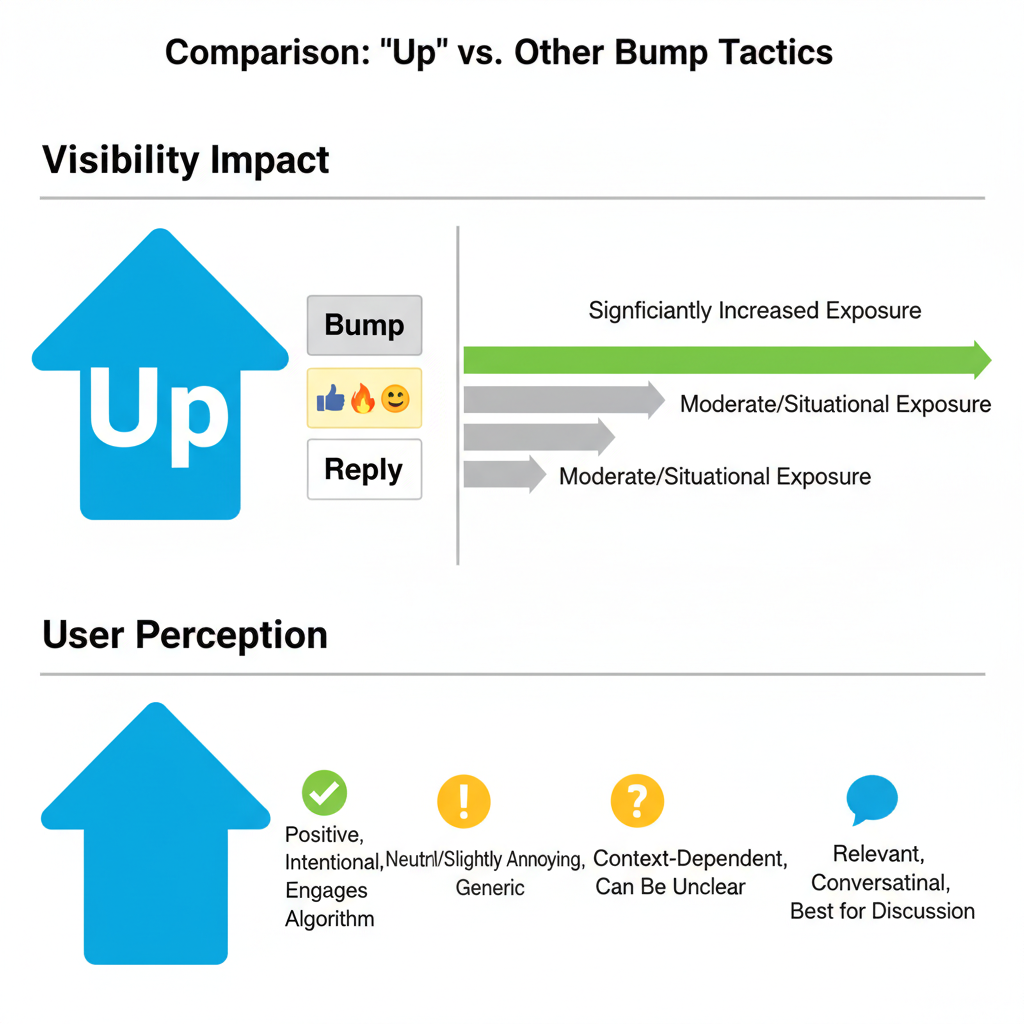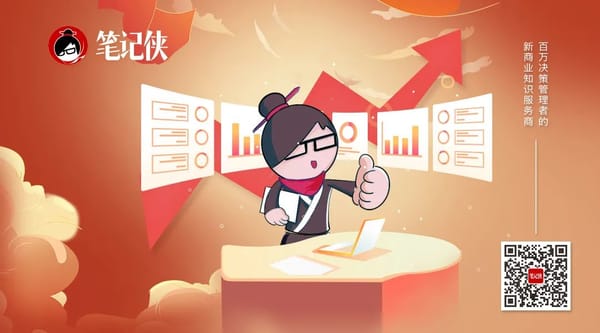Up Meaning on Facebook and How to Use It Properly
Learn the meaning of "up" on Facebook, its origins, common uses in groups and Marketplace, plus etiquette and tips to boost post visibility.

Introduction to Facebook Terminology and Slang
Facebook is not just a social networking site—it’s a digital ecosystem with its own evolving culture, insider language, and subtle codes. Over years of interaction, communities on Facebook have developed unique shorthand to communicate quickly and effectively. One word that stands out and often confuses new users is "up".
If you browse Facebook groups, Marketplace listings, or long discussion threads, you may notice comments containing only the word "up." This simple term has a specific role and meaning in the platform’s social dynamics.

In this guide, we’ll break down the up meaning on Facebook, explain its origins, examine where it’s used most, explore etiquette, strategies, and alternatives, and show you how to leverage it without violating community rules.
---
Definition of "Up" in Facebook Comments and Posts
On Facebook, typing "up" as a comment is a quick way to bump a post back into visibility. It doesn’t add new information, but it signals activity that can push the post toward the top of a group feed or discussion thread.
Common scenarios include:
- Facebook Marketplace listings
- Buy-and-sell groups
- Event promotion posts
- Community discussions
Because "up" is short, easy to type, and widely recognized among regular members, it has become the standard bump term in many groups.
---
Origins of the "Up" Usage in Online Communities
The "up" tradition predates Facebook, originating in early internet forums, bulletin boards, and chatrooms. In those spaces, adding a comment bumped a thread higher in the list, increasing its visibility. This deliberate update was known as bumping.
"Up" simply means move upward—mirroring the action of pushing a post higher in chronological or ranking order to be seen again.
---
Examples of "Up" in Facebook Groups, Marketplace, and Threads
Here are scenarios where "up" commonly appears:
- Marketplace Listing Renewal – A seller’s post falls down the feed; they type "up" to bring it forward.
- Community Announcement – Before a meeting, an admin bumps the reminder with "up".
- Long Q&A Threads – Users add "up" hoping others will read and respond.

| Scenario | Purpose of "Up" |
|---|---|
| Marketplace Sale | Refresh listing visibility to attract buyers. |
| Event Promotion | Remind and re-alert members before the event date. |
| Community Question | Increase exposure to get more answers or insights. |
---
Why Users Type "Up" (Bumping Posts for Visibility)
The key driver behind "up" is visibility. Busy Facebook groups can see hundreds of daily posts. Without fresh interaction, a post sinks in the feed. By commenting—even with a simple "up"—you trigger Facebook’s algorithm to mark the post as active, increasing its chance to reappear in members’ feeds.
---
How Facebook’s Algorithm Responds to Comments Like "Up"
Facebook’s group feed algorithm values recent activity. Each comment:
- Resets the "last active" timestamp
- Signals engagement to the algorithm
- Improves the post’s odds of being seen again
However, constant repetitive bumps without meaningful content can be flagged as low-value engagement and may gradually lose effectiveness, or even be interpreted as spam.
---
Differences Between "Up" and Other Bump Phrases
"Up" isn’t the only bump phrase. Other variations include:
- "Bump" – Popular in older forums and still used on Facebook
- "Refresh" – A descriptive alternative
- "Push" – Similar intent
- Emoji-only comments – Like "🔼" or "⬆️"
These alternatives may feel more creative but still serve the same visibility function.
---
Etiquette and Best Practices for Using "Up"
To avoid spamming or irritating group members:
- Space Out Usage – Once daily or less for important posts
- Add Context – Combine "up" with relevant updates
- Follow Group Rules – Some communities forbid bumping entirely
Respectful use ensures your posts remain welcome while maintaining visibility.
---
Strategic Use in Selling, Events, and Community Engagement
"Up" can support:
- Selling – Bump listings before peak viewing times
- Events – Remind members shortly before event start
- Polls – Increase participation rates
To maximize results:
- Post during audience active hours
- Pair "up" with fresh photos or new info
- Monitor engagement changes to refine tactics

---
Alternatives to "Up" for Higher Engagement and Organic Reach
For a more interactive bump strategy:
- Ask New Questions – Promote conversation and richer engagement
- Offer Updates – Provide fresh news about the item or event
- Add Visuals – Include images, GIFs, or videos to capture attention
These approaches trigger positive algorithm signals while avoiding repetitive low-value comments.
---
Potential Downsides and Risks
Using "up" too often can lead to:
- Spam Labeling – Annoying members and admins
- Moderator Removal – Some groups delete bumps
- Diminished Returns – When everyone bumps frequently, visibility gains fade
Since Facebook updates its feed algorithms regularly, relying on "up" alone may be risky for long-term engagement.
---
Conclusion and Tips for Respectful, Effective Post Bumping
The up meaning on Facebook is rooted in decades-old online behavior—an efficient way to refresh and resurface content. For Marketplace sellers, event organizers, and active group participants, "up" can be a useful tool, but it works best when applied thoughtfully.
Quick Tips:
- Limit bump frequency to avoid spam perception
- Add value—include updates or visuals
- Always respect group-specific guidelines
- Experiment with alternative bump strategies to foster genuine engagement
Strategic post management—not just mechanical bumps—will help maintain visibility while building a positive reputation in Facebook communities.
Want to improve your social media presence? Start applying these respectful bumping strategies today to boost visibility without crossing the line.



